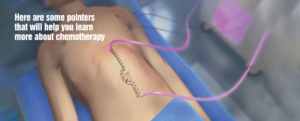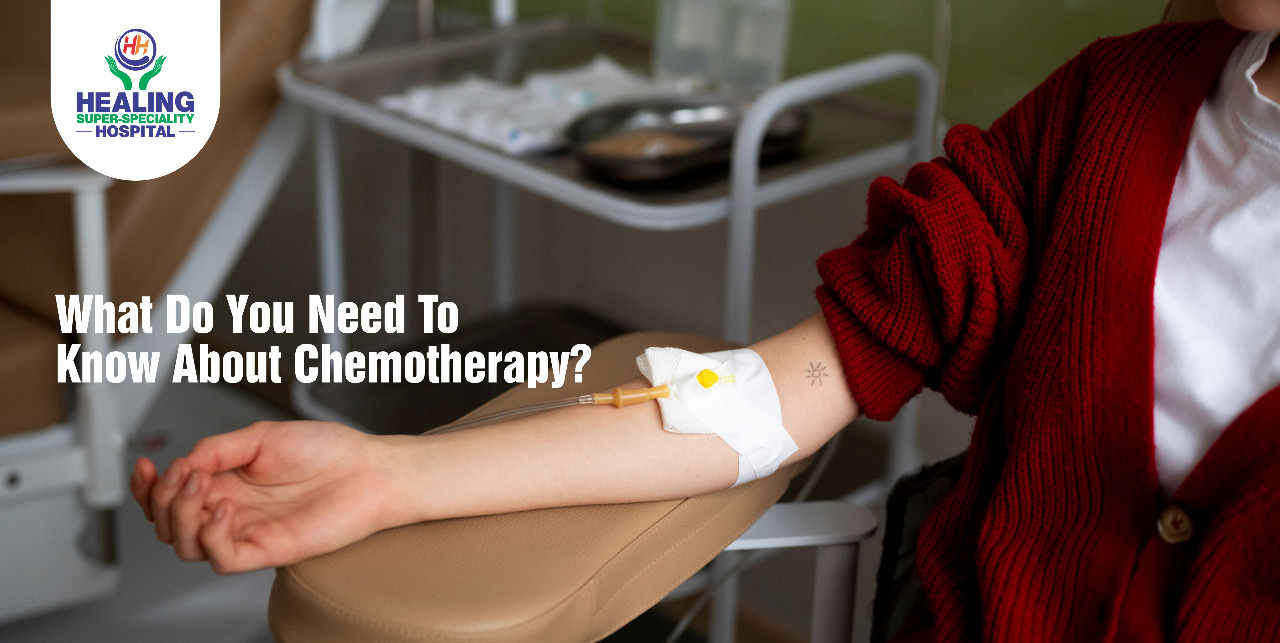In simple terms, chemotherapy is a form of treatment that uses drugs to kill cancer cells. Although it is a very tough task to handle chemotherapy; whether it is you or any of your family member of friends going through this, there are certain things that you need to be aware of.
Chemotherapy is always recommended as a treatment option for cancer when its benefits outweigh the side-effects it might cause. Talk to your cancer specialist to know in detail about the treatment plan that is best suitable for you.

Here are some pointers that will help you learn more about chemotherapy:
- The drugs used in chemotherapy not only kill cancer cells but also healthy cells. However, chemotherapy in the early stages of certain types of cancers can completely cure the disease and make you cancer-free.
- A course of chemotherapy generally takes about 3 to 6 months, depending on the type and progression of cancer in an individual patient.
- There are rest periods in between chemotherapy cycles so as to allow the body to recover. The schedule is made by the cancer specialist according to the patient’s condition.
- Your liver needs to be in optimum condition for the chemotherapy to work effectively. This is because the liver has to break down chemotherapy chemicals and other cancer drugs that will be introduced in your body. Blood tests can help assess your liver health and accordingly the chemotherapy is done.
- Chemotherapy is done through various methods and these include: oral medication, IV injection, intrathecal, intraperitoneal, topical and intra-arterial. The appropriate method of treatment will be decided by your oncologist.

- The side-effects of chemotherapy can range from mild to severe and vary from one person to another. Some common side-effects include: hair loss, nausea and vomiting, deteriorating nail health, extreme fatigue, balance problems, hearing issues, increased risk of infections, issues in blood clotting, anemia, inflammation of the mucous membrane, digestive issues, loss of appetite and depression.
FOR MORE INFORMATION AND APPOINTMENT CALL:
+0172-5088883, +91 9464343434
























